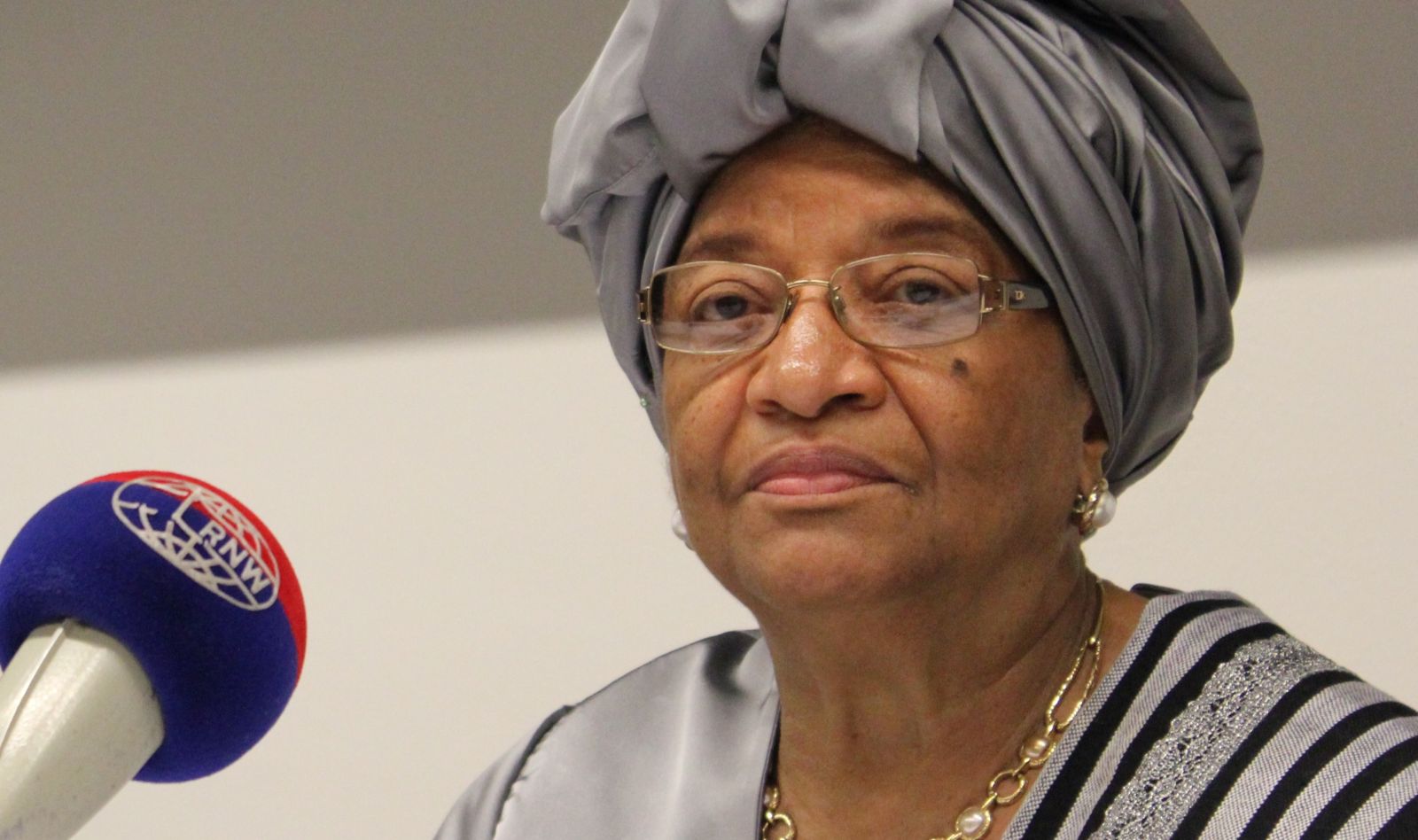Liberia’s government has announced that it is closing down all schools across the country to stop the spread of the deadly Ebola virus.
Some communities would be placed under quarantine as well, President Ellen Johnson Sirleaf said.
Non-essential government workers will be sent home for 20 days and the army deployed to enforce the measures.
The number of people killed by the virus in West Africa has now reached 672, according to new UN figures.
The BBC’s West Africa correspondent Thomas Fessy says treatment facilities have reportedly been overwhelmed in the Liberian capital Monrovia.
Some wards have already filled up, forcing health workers to treat some patients at their homes.
President Sirleaf said that Friday August 1, 2014 would be a non-working day in Liberia to allow for the disinfection of all public facilities.
“All non-essential staff – to be determined by the heads of ministries and agencies – are to be placed on 30 days’ compulsory leave,” she added.
Rapid spread
The US humanitarian organisation Peace Corps said it was withdrawing 340 volunteers from Liberia, Sierra Leone and Guinea because of the spread of the virus.
Two of its volunteers had been isolated after being exposed to someone who later died from the virus, it added.
A Peace Corps spokeswoman said: “These volunteers are not symptomatic and are currently isolated and under observation.”
Ebola kills up to 90% of those infected, but patients have a better chance of survival if they receive early treatment.
It spreads through contact with an infected person’s bodily fluids.
The outbreak – the world’s deadliest to date – was first reported in Guinea in February. It then spread to Liberia and Sierra Leone.







